ICRA 2019 International Conference on Robotics and Automation
Plenary & Keynote Speakers
Morning
| Time | Speaker | Title | Room |
|---|---|---|---|
| 09:15 - 10:15 | Yoshua Bengio | Challenges for Deep Learning Towards AI | 210 |
Afternoon
| Time | Speaker | Title | Room |
|---|---|---|---|
| 13:45 - 14:30 | Demetri Terzopoulos | Biomimetic Human Simulation and the Deep Learning of Neuromuscular and Sensorimotor Control | 517cd |
| 13:45 - 14:30 | Ryan Gariepy | Move Fast And (Don’t) Break Things: Commercializing Robotics At The Speed Of Venture Capital | 517ab |
Morning
| Time | Speaker | Title | Room |
|---|---|---|---|
| 08:30 - 09:30 | Vijay Kumar | Opportunities and Challenges for Autonomy in Micro Aerial Vehicles | 210 |
| 09:45 - 10:30 | Anouk Wipprecht | Robotic Dresses and Emotional Interfaces | 517cd |
| 09:45 - 10:30 | Matthew Mason | Embracing Failure | 517ab |
Morning
| Time | Speaker | Title | Room |
|---|---|---|---|
| 08:30 - 09:30 | Raquel Urtasun | A future with affordable self-driving vehicles | 210 |
Afternoon
| Time | Speaker | Title | Room |
|---|---|---|---|
| 14:45 - 15:30 | Yoshihiko Nakamura | Mocap as a Service | 517cd |
| 14:45 - 15:30 | Arianna Menciassi | Robotic technologies and targeted therapy: challenges and opportunities | 517ab |
Plenary Speakers
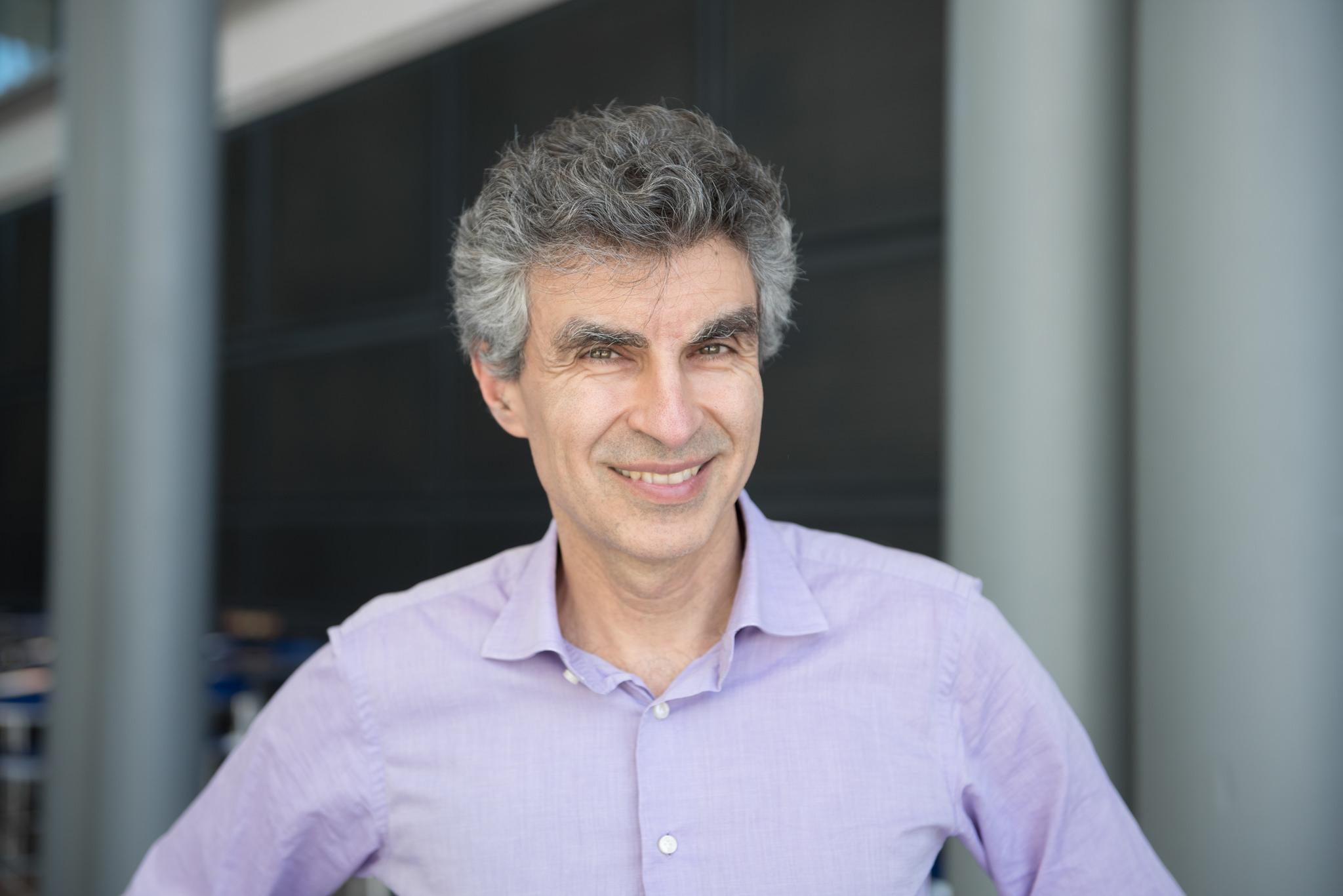
Yoshua Bengio , University of Montreal , Canada
Challenges for Deep Learning Towards AI
Biography
Recognized as one of the world’s leading experts in artificial intelligence and a pioneer in deep learning, Yoshua Bengio studied in Montreal, earned his Ph.D. in computer science from McGill University in 1991, and did post-doctoral studies at MIT.
Since 1993, he has been a professor in the Department of Computer Science and Operations Research at the Université de Montréal, and he holds the Canada Research Chair in Statistical Learning Algorithms. In addition, he is Scientific Director of IVADO and Mila, the Quebec Artificial Intelligence Institute, the world’s largest deep learning academic research group.
An Officer of the Order of Canada, he is also a Fellow of the Royal Society of Canada, the recipient of the Marie-Victorin Prize in 2017, and was named Radio-Canada’s Scientist of the Year for 2017. In 2018, he was awarded the 50th anniversary medal of Quebec’s Ministry of International Relations and La Francophonie.
Yoshua Bengio is one of the world’s most cited computer scientists, thanks to his three books and more than 500 publications. His h-index stands at 130, with more than 144,000 Google Scholar citations. His ambition is to understand the principles that lead to intelligence through learning, as well as promote the development of artificial intelligence for the benefit of all.
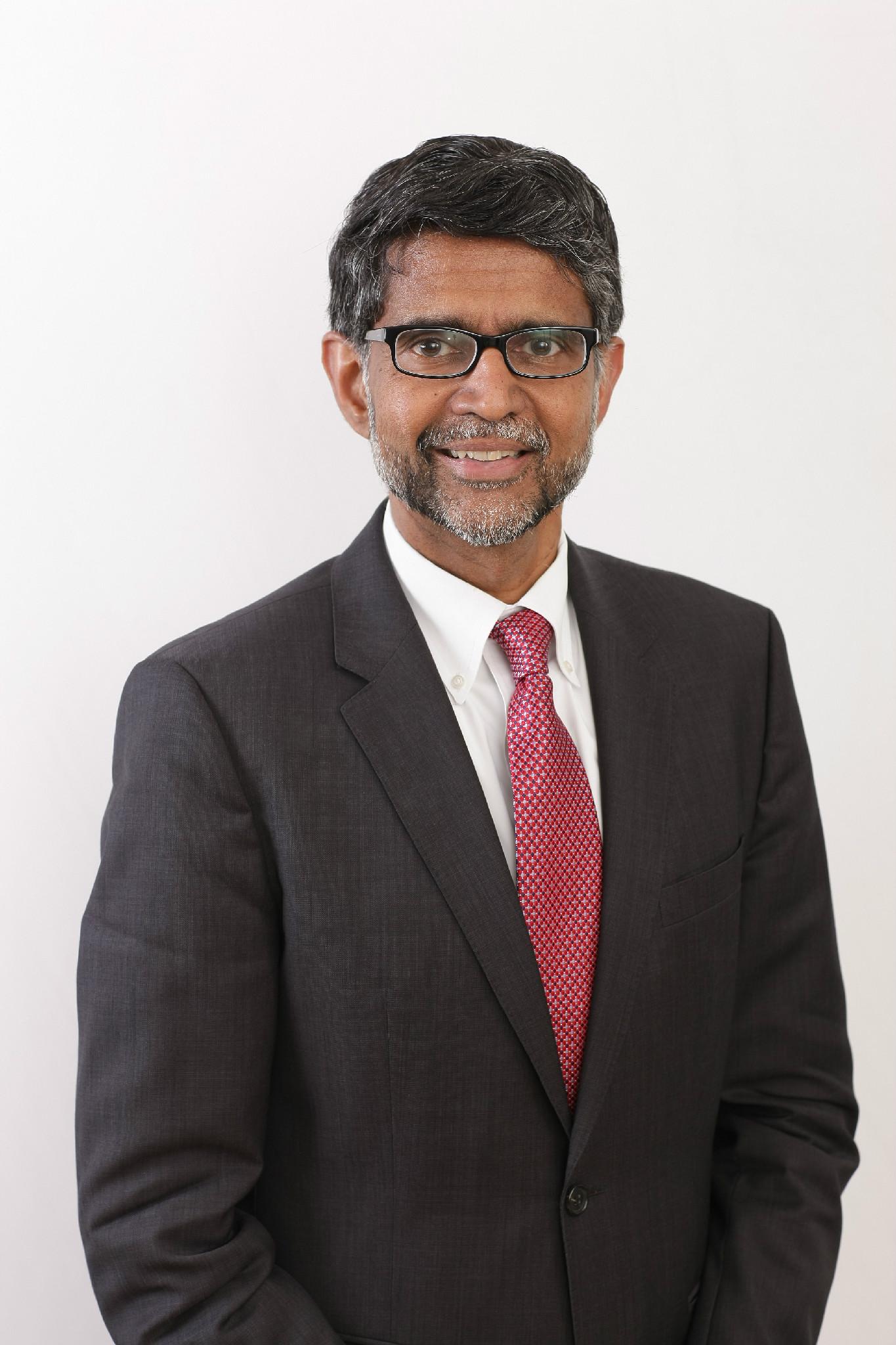
Vijay Kumar , University of Pennsylvania , USA
Opportunities and Challenges for Autonomy in Micro Aerial Vehicles
Biography
VIJAY KUMAR is the Nemirovsky Family Dean of Penn Engineering with appointments in the Departments of Mechanical Engineering and Applied Mechanics, Computer and Information Science, and Electrical and Systems Engineering at the University of Pennsylvania. He received his Bachelors of Technology from the Indian Institute of Technology, Kanpur and his Ph.D. from The Ohio State University in 1987. He has been on the Faculty in the Department of Mechanical Engineering at the University of Pennsylvania since1987.
Dr. Kumar served as the Deputy Dean for Research in the School of Engineering and Applied Science from 2000-2004. He directed the GRASP Laboratory, a multidisciplinary robotics and perception laboratory, from 1998-2004. He was the Chairman of the Department of Mechanical Engineering and Applied Mechanics from 2005-2008. He then served as the Deputy Dean for Education in the School of Engineering and Applied Science from 2008-2012. He has served as the assistant director of robotics and cyber physical systems at the White House Office of Science and Technology Policy (2012 – 2013).
Dr. Kumar is a Fellow of the American Society of Mechanical Engineers (ASME) and the Institute of Electrical and Electronic Engineers (IEEE). He has served on the editorial boards of the IEEE Transactions on Robotics and Automation, IEEE Transactions on Automation Science and Engineering, ASME Journal of Mechanical Design, the ASME Journal of Mechanisms and Robotics and the Springer Tract in Advanced Robotics (STAR). He is the recipient of the 1991 National Science Foundation Presidential Young Investigator award, the 1996 Lindback Award for Distinguished Teaching (University of Pennsylvania), the 1997 Freudenstein Award for significant accomplishments in mechanisms and robotics, the 2012 ASME Mechanisms and Robotics Award, the 2012 IEEE Robotics and Automation Society Distinguished Service Award, a 2012 World Technology Network (wtn.net) award, a 2013 Popular Mechanics Breakthrough Award, a 2014 Engelberger Robotics Award, the 2017 IEEE Robotics and Automation Society George Saridis Leadership Award, the 2017 ASME Robert E. Abbott Award, and the 2018 IEEE Robotics and Automation Pioneer Award. He has won best paper awards at DARS 2002, ICRA 2004, ICRA 2011, RSS 2011, RSS 2013, ICRA 2014, BICT 2015, and MARSS 2016 and has advised doctoral students who have won Best Student Paper Awards at ICRA 2008, RSS 2009, and DARS 2010. He was elected to the National Academy of Engineering in 2013 and the American Philosophical Society in 2018.
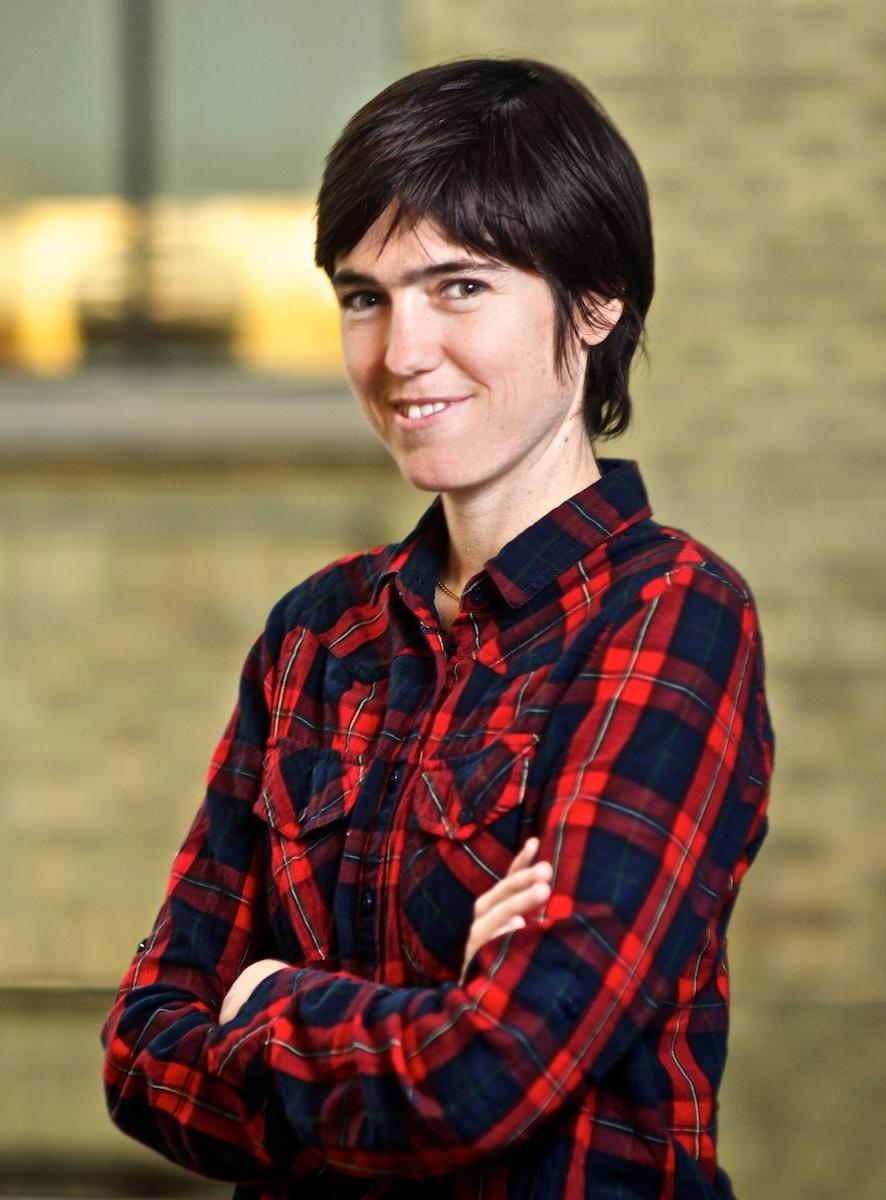
Raquel Urtasun , Uber ATG Toronto / University of Toronto , Canada
A future with affordable self-driving vehicles
Biography
Raquel Urtasun is the Chief Scientist of Uber ATG and the Head of Uber ATG Toronto. She is also an Associate Professor in the Department of Computer Science at the University of Toronto, a Canada Research Chair in Machine Learning and Computer Vision and a co-founder of the Vector Institute for AI. She received her Ph.D. degree from the Computer Science department at Ecole Polytechnique Federal de Lausanne (EPFL) in 2006 and did her postdoc at MIT and UC Berkeley. She is a world leading expert in AI for self-driving cars. Her research interests include machine learning, computer vision, robotics and remote sensing. Her lab was selected as an NVIDIA NVAIL lab. She is a recipient of an NSERC EWR Steacie Award, an NVIDIA Pioneers of AI Award, a Ministry of Education and Innovation Early Researcher Award, three Google Faculty Research Awards, an Amazon Faculty Research Award, a Connaught New Researcher Award, a Fallona Family Research Award and two Best Paper Runner up Prize awarded at CVPR in 2013 and 2017 respectively.
Notable Failures Speakers
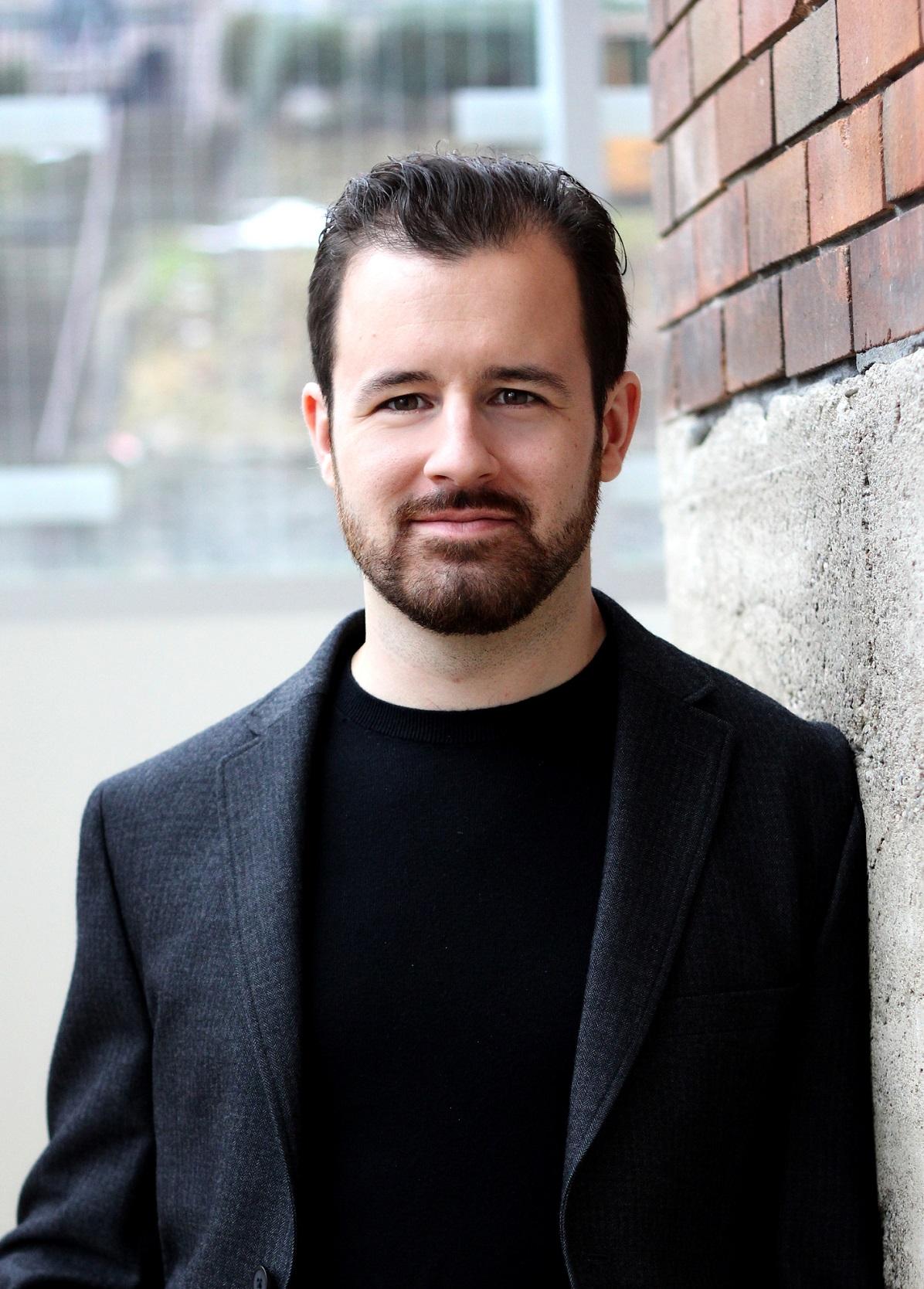
Ryan Gariepy , Clearpath Robotics / OTTO Motors , Canada
Move Fast And (Don’t) Break Things: Commercializing Robotics At The Speed Of Venture Capital
Biography
Ryan Gariepy is the CTO and co-founder of Clearpath Robotics and OTTO Motors, because if one startup isn't stressful enough, why not run two? He completed both a B.A.Sc. degree in Mechatronics Engineering and a M.A.Sc. degree in Mechanical Engineering at the University of Waterloo, and has over three dozen pending patents in the field of intelligent systems. He worked at a pre-acquisition Kiva Systems, as well as a pre-product Aeryon Labs. He has spent his professional career working to make autonomous systems ubiquitous, whether that is via the rapidly growing OTTO Motors product line, the Clearpath Robotics support of the global robotics community, or the co-organization of eight consecutive ROSCons. He is on the board of directors for the Open Source Robotics Foundation, Next Generation Manufacturing Canada, and the NSERC Canadian Robotics Network, and is an advisor for several startups and venture capital groups. He has filled almost every role in a robotics startup possible, most of them with very little warning.
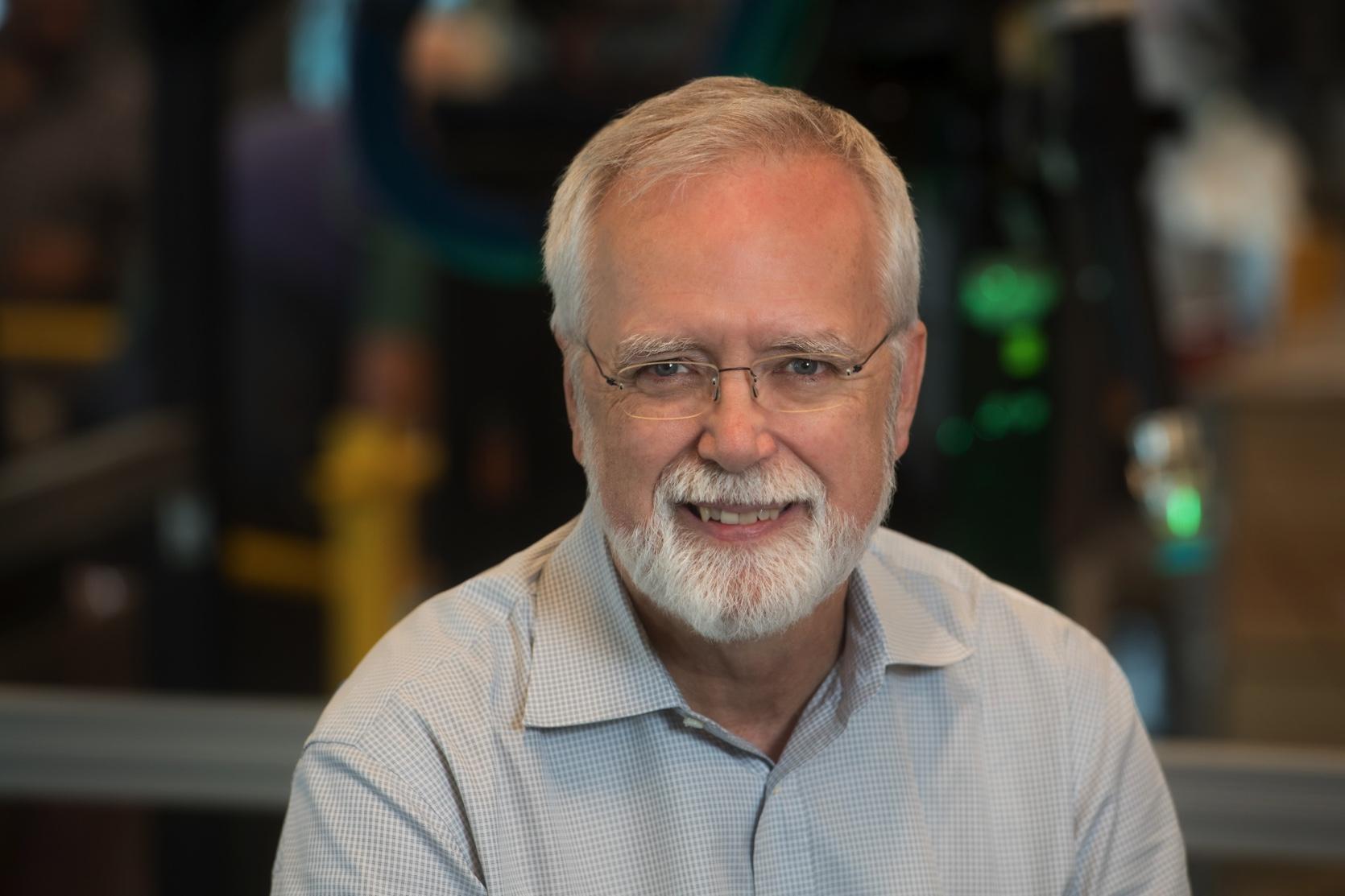
Matthew Mason , Carnegie Mellon University , USA
Embracing Failure
Biography
Matthew T. Mason has been working on robotic manipulation since the 1970's. He earned the BS, MS, and PhD degrees in Computer Science and Artificial Intelligence at MIT, finishing his PhD in 1982. Since that time he has been on the faculty at Carnegie Mellon University. He was Director of the Carnegie Mellon Robotics Institute from 2004 to 2014, and is presently Professor of Robotics and Computer Science. He is a Fellow of the AAAI, and a Fellow of the IEEE. He is a winner of the System Development Foundation Prize, the IEEE RAS Pioneer Award, and the 2018 IEEE Robotics and Automation Award.
Keynote Speakers
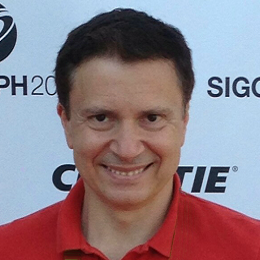
Demetri Terzopoulos , University of California, Los Angeles , USA
Biomimetic Human Simulation and the Deep Learning of Neuromuscular and Sensorimotor Control
Biography
Demetri Terzopoulos is a Chancellor's Professor of Computer Science at the University of California, Los Angeles, where he holds the rank of Distinguished Professor and directs the UCLA Computer Graphics & Vision Laboratory. He is also Co-Founder and Chief Scientist of VoxelCloud, Inc., a multinational company that applies AI to healthcare. He graduated from McGill University and received his PhD degree ('84) in Artificial Intelligence from MIT. He is or was a Guggenheim Fellow, a Fellow of the ACM, a Fellow of the IEEE, a Fellow of the Royal Society of London, a Fellow of the Royal Society of Canada, a member of the European Academy of Sciences and the New York Academy of Sciences, and a life member of Sigma Xi. His many awards include an Academy Award for Technical Achievement from the Academy of Motion Picture Arts and Sciences for his pioneering work on physics-based computer animation, and the inaugural Computer Vision Distinguished Researcher Award from the IEEE for his pioneering and sustained research on deformable models and their applications. ISI and other indexes list him among the most highly-cited authors in engineering and computer science, with more than 400 published research papers and several volumes, primarily in computer graphics, computer vision, medical imaging, computer-aided design, and artificial intelligence/life. He has given approximately 500 invited talks around the world about his research, including well over 100 distinguished lectures and keynote/plenary addresses. He joined UCLA in 2005 from New York University, where he held the Henry and Lucy Moses Professorship in Science and was Professor of Computer Science and Mathematics at NYU's Courant Institute of Mathematical Sciences. Previously, he was Professor of Computer Science and Professor of Electrical & Computer Engineering at the University of Toronto. Before becoming an academic in 1989, he was a Program Leader at Schlumberger corporate research centers in California and Texas.
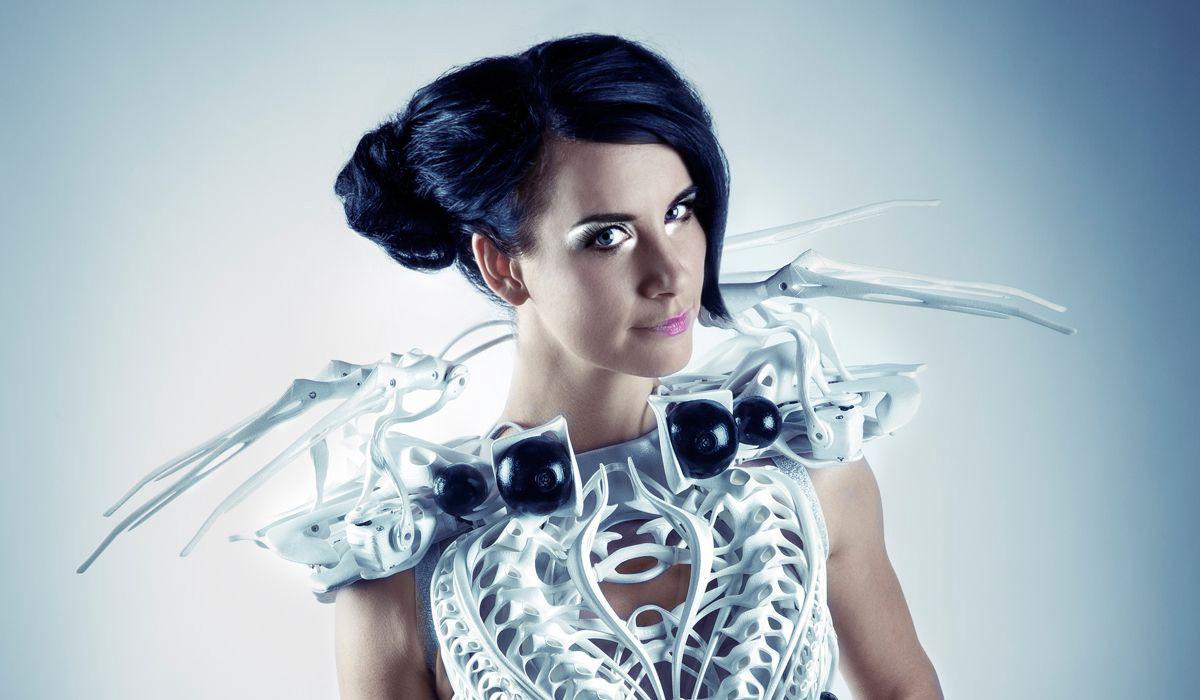
Anouk Wipprecht , Netherlands
Robotic Dresses and Emotional Interfaces
Biography
Dutch FashionTech designer Anouk Wipprecht creates designs ahead of her time; combining the latest in science and technology to make fashion an experience that transcends mere appearances. She wants her garments to facilitate and augment the interactions we have with ourselves and our surroundings. Her Spider Dress is a perfect example of this aesthetic, where sensors and moveable arms on the dress help to create a more defined boundary of personal space while employing a fierce style. Partnering up with companies such as Intel, AutoDesk, Google, Arduino, Microsoft, Adidas, Cirque Du Soleil, Audi, Swarovski, and 3D printing companies Shapeways and Materialise she researches how our future would look as we continue to embed technology into what we wear, and more importantly – how this will change our perspective on how we will interface with technology.
Anouk Wipprecht talk is part of the ICRA X – Robotic Art Program. More information on the program is available at roboticart.org/icra2019.
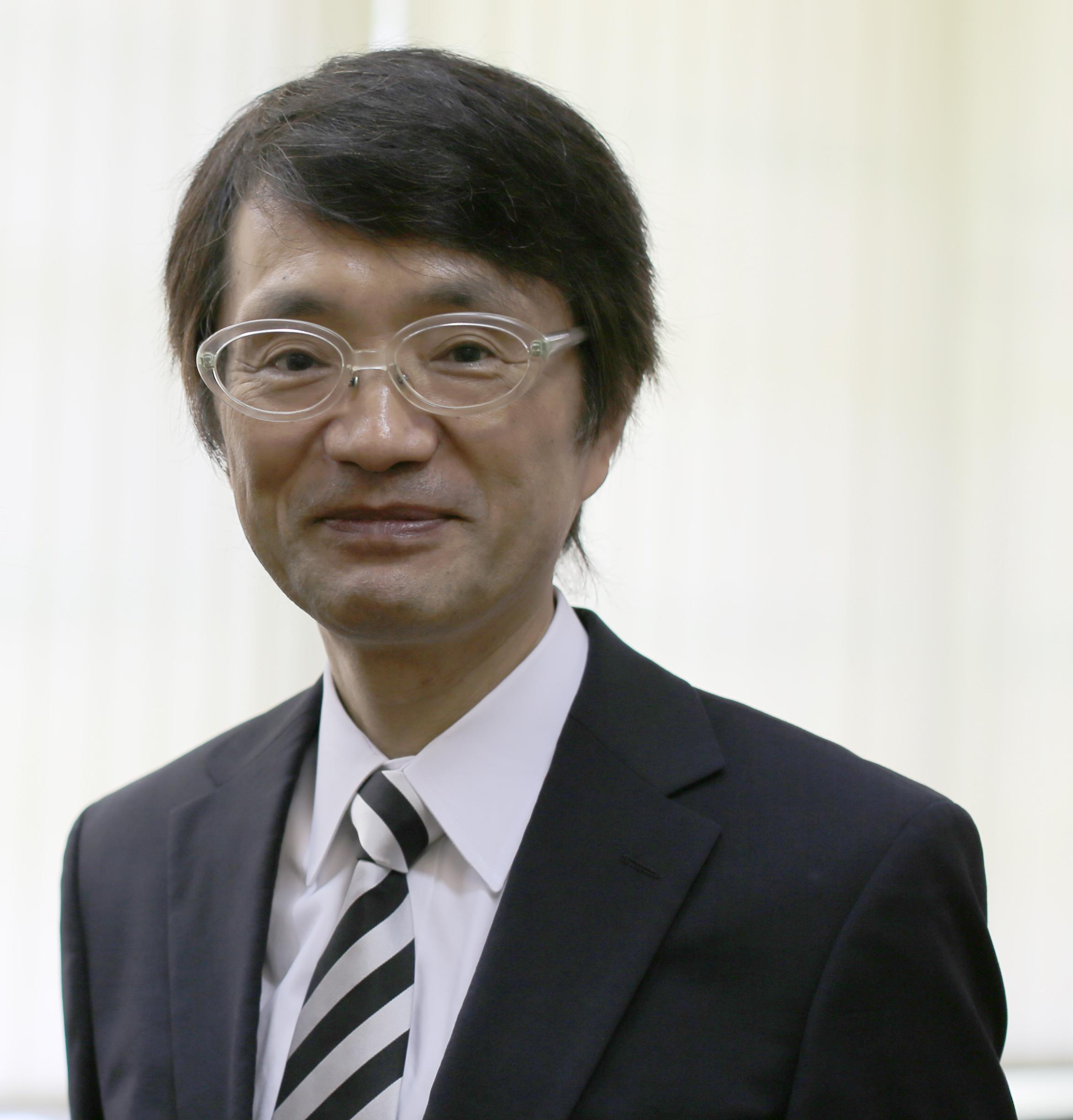
Yoshihiko Nakamura , University of Tokyo , Japan
Mocap as a Service
Biography
Yoshihiko Nakamura is Professor at Department of Mechano-Informatics, University of Tokyo. He received Ph.D from Kyoto University. Humanoid robotics, cognitive robotics, neuro musculoskeletal human modeling, and their computational algorithms are his fields of research. Dr. Nakamura served as President of IFToMM (2012-2015). He is Foreign Member of Academy of Engineering Science of Serbia, TUM Distinguished Affiliated Professor of Technische Universitat Munchen, Executive Member of International Foundation of Robotics Research, and Fellow of JSME, RSJ, IEEE, and World Academy of Art and Science.
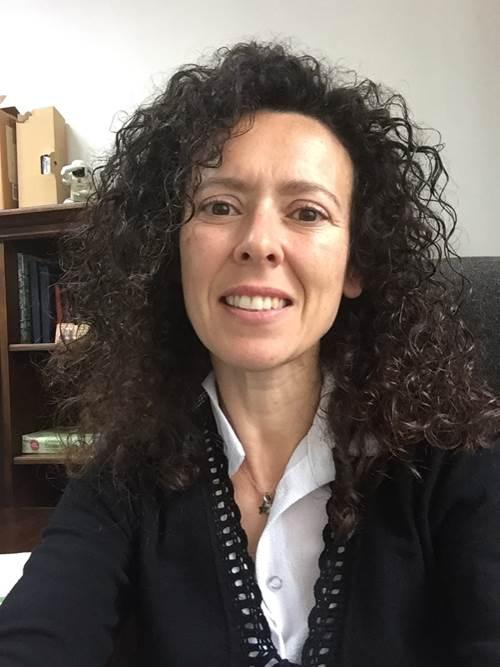
Arianna Menciassi , Scuola Superiore Sant’Anna , Italy
Robotic technologies and targeted therapy: challenges and opportunities
Biography
Arianna Menciassi is Full Professor of Biomedical Robotics at Scuola Superiore Sant’Anna (SSSA, Pisa, Italy) and team leader of the “Surgical Robotics & Allied Technologies” Area at The BioRobotics Institute.
She obtained the Master Degree in Physics (summa cum laude, 1995) at the Pisa University and the PhD in Bioengineering at SSSA (1999). She was Visiting Professor at the Ecole Nationale Superieure de Mecaniques et des Microtechniques of Besancon (France), and at the ISIR Institute at the Université Pierre et Marie Curie, in Paris. She has a substantial devotion to training and education, both at SSSA and at the University of Pisa, having served as preceptor to 15 postdoctoral associates, 25 PhD students and ~ 60 graduate degree recipients.
Her main research interests involve surgical robotics, biomedical robotics, smart solutions for biomedical devices, biomechatronic artificial organs, microsystem technology and micromechatronics, with a special attention to the synergy between robot-assisted therapy and micro-nano-biotechnology-related solutions. She also focuses on magnetically-driven microrobots and microdevices, as well as on biomedical integrated platforms for magnetic navigation and ultrasound-based treatments.
She carries on an important activity of scientific management of several projects, European and extra-European, thus implying many collaborations abroad and an intense research activity.
She is co-author of more than 400 scientific publications and 7 book chapters on biomedical robots/devices and microtechnology. She is co-Editor of a book on piezoelectric nanomaterials for biomedical applications. Arianna Menciassi is co-inventor of 81 patents (national and international): 24 patents have been granted in Italy since the year 2004; 27 patents have been granted also abroad. She served until August 2013 in the Editorial Board of the IEEE-ASME Trans. on Mechatronics. She is Member of the Editorial Board for Soft Robotics (since 2012); she is Topic Editor of the International Journal of Advanced Robotic Systems (since 2013); she is Member of the Editorial Board for the Journal of Medical Robotics Research (since 2015); she has been recently appointed as Editor of APL Bioengineering and member of the Editorial Board of Scientific Reports.
She is Co-Chair of the IEEE Technical Committee on Surgical Robotics, she is in the Steering Committee of the Society for Medical Innovation and Technology and in the Steering Committee of the IEEE Transactions on Nanobioscience.
In the year 2007, she received the Well-tech Award (Milan, Italy) for her researches on endoscopic capsules, and she was awarded by the Tuscany Region with the Gonfalone D’Argento, as one of the best 10 young talents of the region.
IEEE International Conference on Robotics and Automation 2019


The 2019 International Conference on Robotics and Automation (ICRA) will be held on May 20-24, 2019 in Montreal, Canada. The ICRA 2019 is a flagship IEEE Robotics & Automation Society conference and will feature a premiere international venue for international robotics researchers.
Dates
-
Location
Montreal Convention Center (Palais des congrès de Montréal)
1001 Place Jean-Paul-Riopelle
Montreal
(Quebec)
Canada
H2Z 1H5


